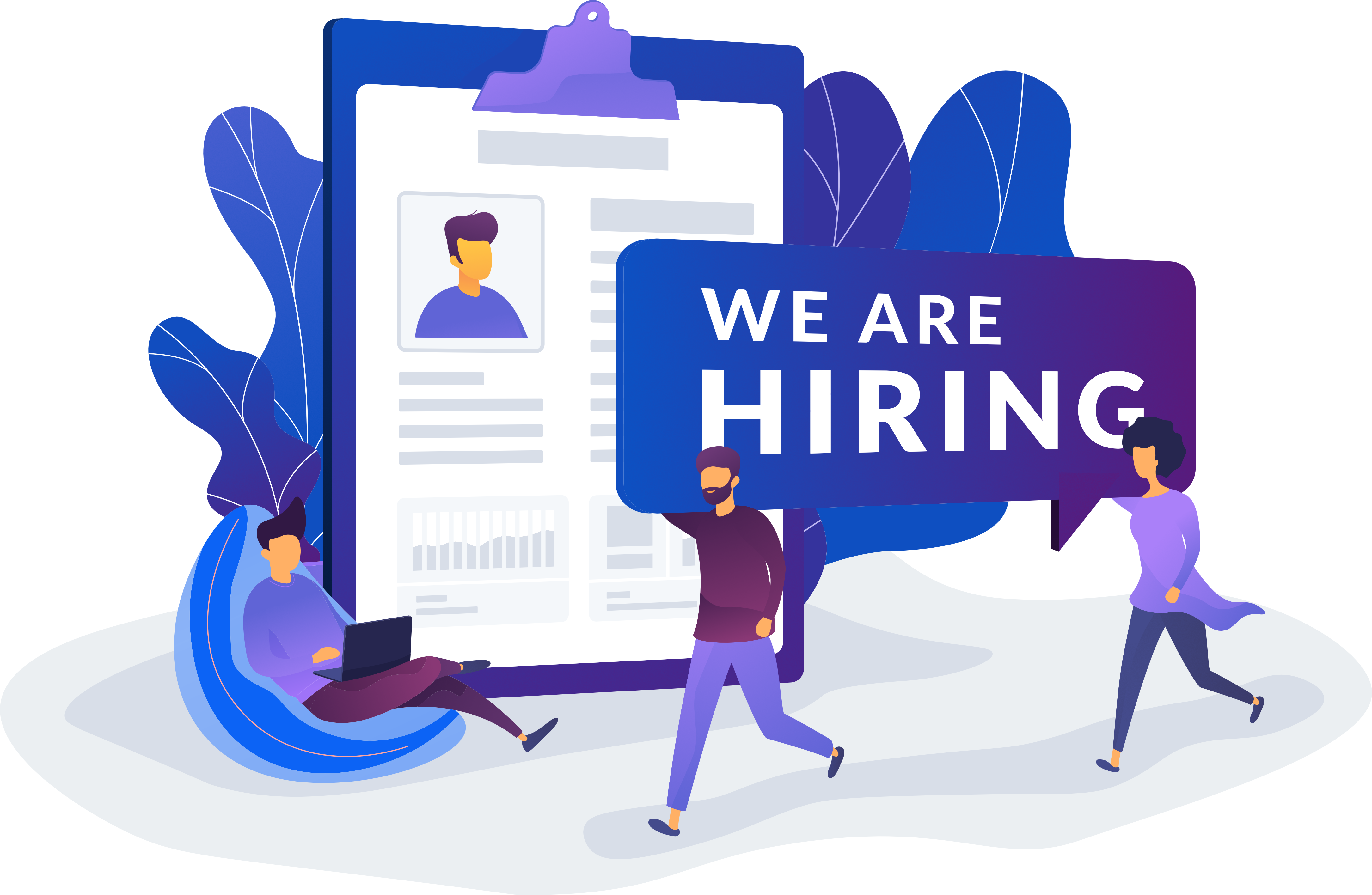
In today’s competitive job market, not everyone follows the traditional path of completing a college degree. Many professionals build successful careers through skills, certifications, and experience. However, if you don’t have a degree, one question might pop up during interviews: 👉 “Why don’t you have a degree?”
In today’s competitive job market, not everyone follows the traditional path of completing a college degree. Many professionals build successful careers through skills, certifications, and experience.
However, if you don’t have a degree, one question might pop up during interviews:
👉 “Why don’t you have a degree?”
This can feel intimidating, but with the right approach, you can turn it into an opportunity to highlight your strengths and unique journey.

Why Employers Ask This Question
Recruiters and hiring managers ask this question to:
Understand your career journey.
Assess whether your lack of a degree affects your job performance.
Gauge your honesty, confidence, and problem-solving mindset.
Ensure you have the skills needed to succeed in the role.

How to Answer: Key Tips
Be Honest (But Positive)
Don’t make excuses. Instead, share the real reason—financial challenges, early career opportunities, personal choice—while keeping the tone professional.Highlight Your Skills & Experience
Emphasize certifications, technical skills, or real-world achievements that make up for not having a degree.Show Continuous Learning
Employers respect candidates who invest in self-development. Mention online courses, workshops, or industry certifications.Focus on Results
Showcase how your contributions, projects, or experience have delivered measurable outcomes.Stay Confident
A degree is valuable, but it’s not the only measure of capability. Confidence in your skills speaks volumes.
📝 Sample Answers to “Why Don’t You Have a Degree?”
Here are a few examples you can adapt to your own situation:
1. Financial/Personal Circumstances
"I wasn’t able to pursue a degree at the time due to financial reasons, but I invested my energy into building real-world skills through internships, certifications, and hands-on projects. I believe this practical experience has prepared me well for this role."
2. Career Opportunity Came First
"I started working early because I was offered a great opportunity that allowed me to learn directly in the field. Over the years, I’ve built strong expertise and developed the skills necessary to succeed, which I believe are more valuable than a degree alone."
3. Chose Alternative Learning
"Instead of a traditional degree, I focused on skill-based learning—completing certifications in [specific skills] and continuously upgrading myself through online courses. This approach has kept me updated with the latest industry practices."
4. Turning Weakness into Strength
"While I don’t hold a formal degree, I have worked hard to bridge that gap with hands-on experience, training, and strong results in my previous roles. I see it as an advantage because it pushed me to learn practically and adapt quickly."
💡 When NOT to Answer Negatively
Avoid responses like:
“I didn’t think a degree was necessary.”
“I just didn’t feel like studying.”
“College is a waste of time.”
These can create the wrong impression and harm your credibility.
🎯 Final Thoughts
Not having a degree doesn’t define your potential. What matters most is how you position your skills, achievements, and commitment to growth. Employers value candidates who are proactive, adaptable, and results-driven—degree or not.
So the next time you’re asked “Why don’t you have a degree?”, answer with confidence and turn the question into a chance to prove your value.



